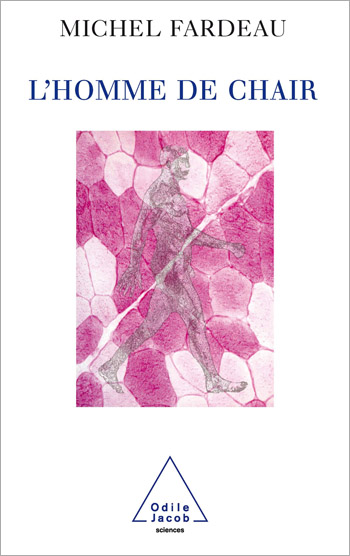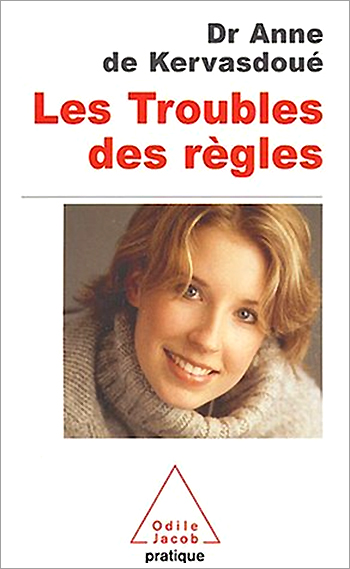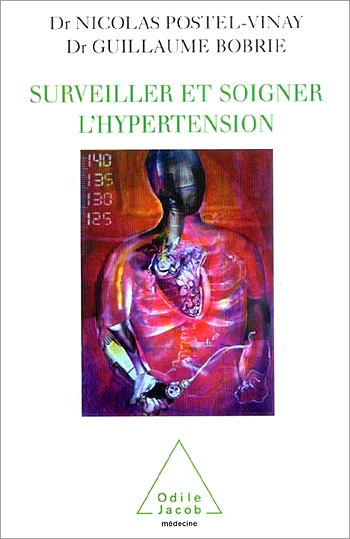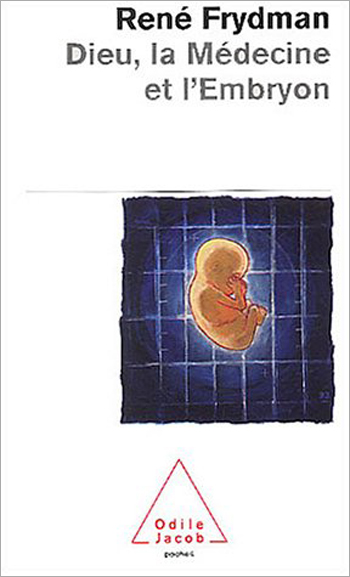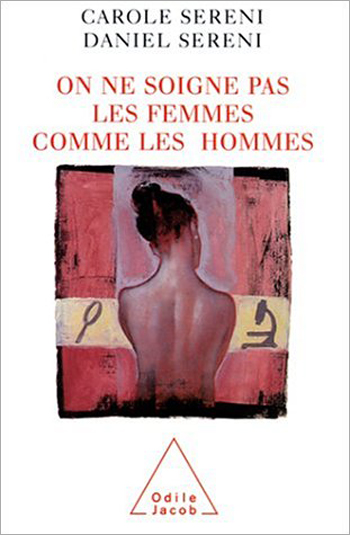General All books
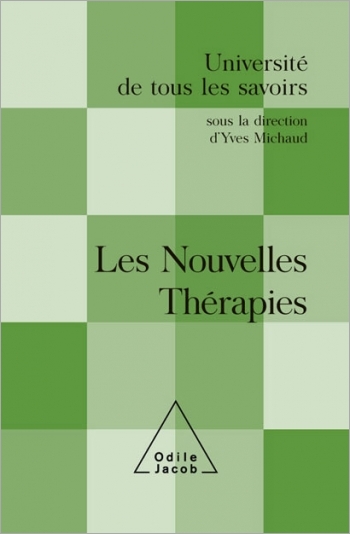
Yves Michaud
New Therapeutics
Advances in medical science are constantly being made, but it is often difficult for patients to realise what these advances entail and to understand their applications. The twelve lectures collected in this new volume in the series L'Université de tous les savoirs aim to inform us about some of these recent advances by addressing the following questions: What is the procedure for putting new medication on the market? How is new medication tested? What are the policies for furthering pharmaceutical innovation? How are health care structures organised? What will the hospital of the future be like? What are biotechnologies? What has been the impact of the neurosciences on therapeutics? What advances have been made in genetic mapping? What benefits can patients hope to gain from it? Gathered here are contributions by a geneticist, a surgeon, a psychiatrist, an emergency doctor, a neurologist and a philosopher. They examine the state of medical research today and address a question that concerns us all: What will medical care be like in the future? Contributions by Yves Agid, Pierre Carli, Alain Carpentier, Patrick Couvreur, Claude Debru, Bernard Golse, Didier Houssin, Gérard Le Fur, Jacques Marescaux, Arnold Munnich, Luis Omnès and Olivier Saint-Jean. Other books in the series include Qu'est-ce que la vie?, Qu'est-ce que l'humain?, Qu'est-ce que la société?, Qu'est-ce que l'Univers?, Qu'est-ce que les technologies?, Qu'est-ce que la culture?, Qu'est-ce que la vie psychique?, Le Renouvellement de l'observation dans les sciences, La Chine aujourd'hui, Egalité et inégalités, Qu'est-ce que la diversité de la vie?, Qu'est-ce que la globalisation?, Paris and La Guerre d'Algérie 1954-1962.
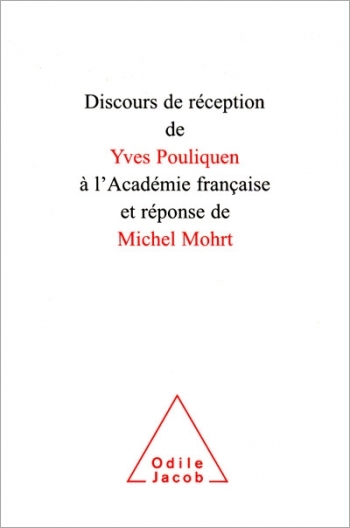
Yves Pouliquen, Michel Mohrt
Speech on the Occasion of Entry into the French Academy and the Response of Michel Mohrt
Speech on the occasion of entry into the French Academy of Yves Pouliquen, 30th January 2003, and the response of Michel Mohrt
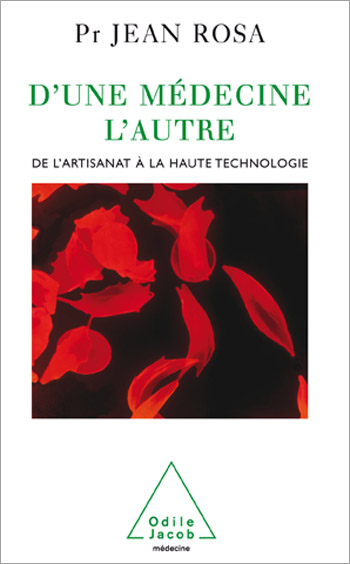
Jean Rosa
From one Medicine to Another From a Craft Industry to High Techology
Jean Rosa belongs to the post-war generation that transformed French medicine from a state of powerless humanism all the more "humane" because it was so often helpless to one of scientific and technical efficiency. Unfortunately, in the process, medicine seems to have lost its human face. In this book, Rosa shows how he contributed to this medical revolution: on the one hand, through the "Debré Reform", which instituted teaching hospitals, thus firmly linking medical research with therapeutic and surgical treatment, and, on the other hand, by associating medicine with molecular biology. Jean Rosa is Emeritus Professor in the medical school of the University of Paris-XII and a member of the French Academy of Science

